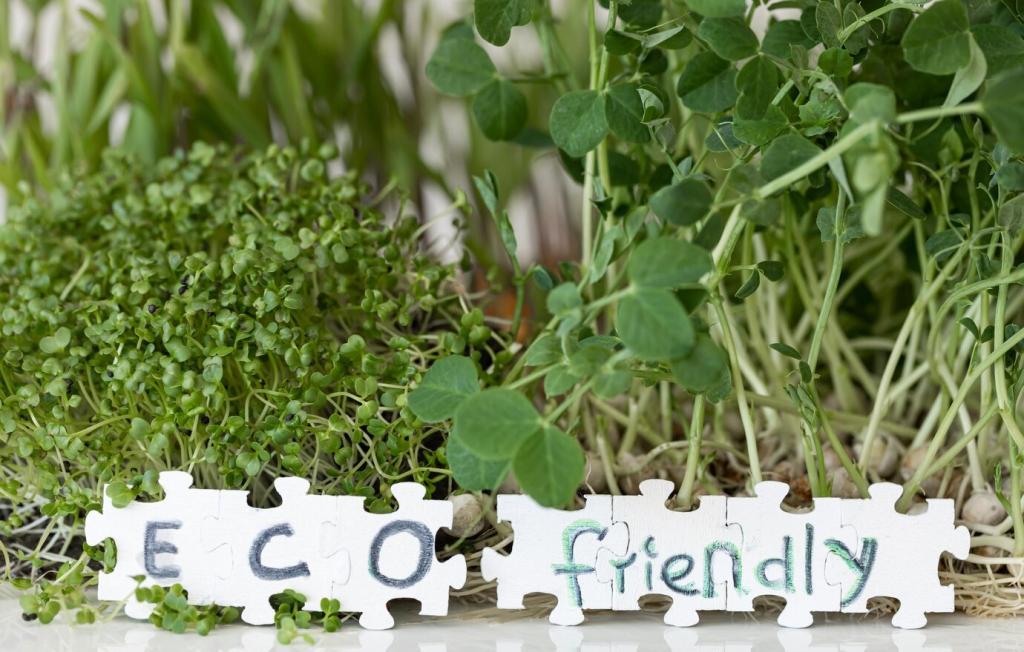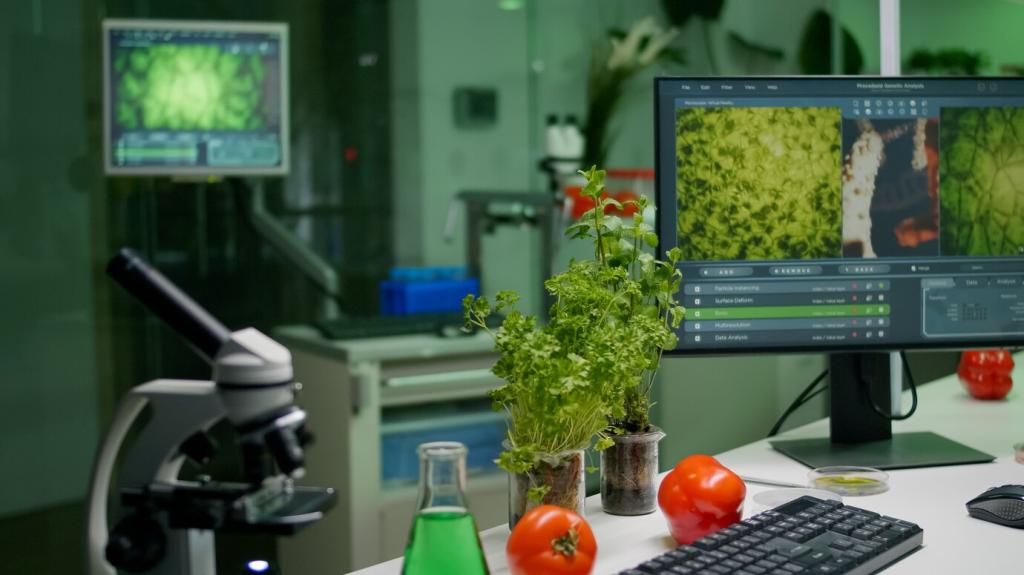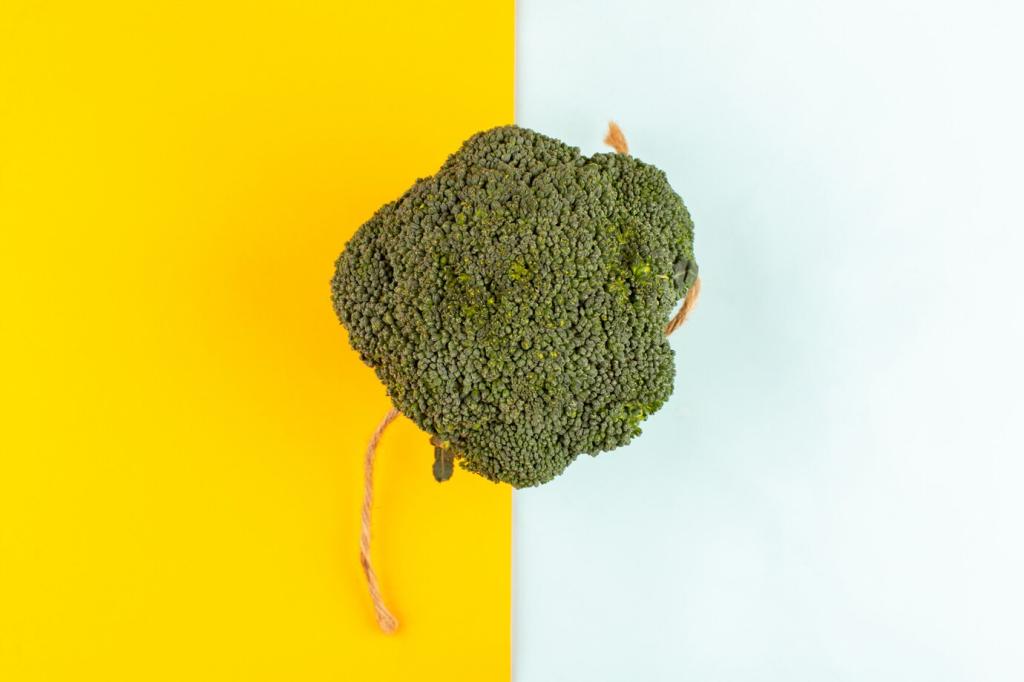
Vegan Cheese Innovations: Exploring New Flavors
The world of vegan cheese has transformed dramatically over recent years, transitioning from humble beginnings to a powerhouse of creativity and taste. No longer limited to basic imitations, today’s plant-based cheeses showcase gourmet flavors and versatile applications, appealing to both vegans and curious omnivores alike. In this exploration, we delve into the inventive spirit driving the vegan cheese revolution, examining the latest ingredient innovations, flavor developments, and culinary applications that are changing the way we think about dairy-free alternatives.
The Evolution of Vegan Cheese
Plant-based cheesemakers originally set out to replicate traditional cheeses, but as skills and technologies improved, the emphasis shifted from sheer imitation to unique creation. Small producers started blending international flavors and experimenting with fermentation, resulting in cheeses that stand out as their own remarkable category. These innovations have pushed vegan cheese into the mainstream, captivating a wider array of consumers.

Ingredient Innovation: The Foundation of New Flavors
Nut-Based Cheeses for Creaminess
Cashews and macadamias are prized for their inherent creaminess and mild flavor, providing an ideal blank canvas for flavor infusions. The rich fats found in these nuts emulsify beautifully, allowing for smooth spreads and mold-ripened cheeses akin to brie or chevre. Almonds and other nuts add nutty complexity, helping to diversify the range of available options for discerning consumers.
Legumes and Seeds Paving New Paths
Moving beyond nuts, pioneering producers are embracing legumes like chickpeas and soybeans, as well as seeds such as sunflower and pumpkin. These ingredients cater to those with nut allergies and introduce alternative textures and flavors. Their protein content also aligns with current health trends, making these cheeses a thoughtful choice for more nutritious plant-based eating without sacrificing indulgence.
Aquafaba and Fermentation Innovations
The creative application of aquafaba—the liquid from cooked chickpeas—has opened new avenues in vegan cheese making. When combined with fermentation processes using live cultures, aquafaba lends structure and flavor depth unique from other bases. Fermentation imparts tanginess and aged notes reminiscent of traditional dairy cheeses, contributing to an ever-expanding repertoire of vegan cheese offerings.

Previous slide
Next slide
Global Flavors: Spicing Up Vegan Cheese

Inspired by Mediterranean Traditions
Many vegan cheese innovators look to Mediterranean cuisines for inspiration, incorporating herbs such as basil, oregano, and thyme, along with sun-dried tomatoes and roasted peppers. The resulting cheeses often evoke the salty, tangy taste of feta or the rich, olive oil-infused notes of labneh, infusing a global spirit into every bite, perfect for salads and mezze platters.

Asian-Inspired Twists
Asian influences are apparent in cheeses that use miso, fermented tofu, or seaweed to add depth, umami, and even a hint of ocean brine. Tikka masala-infused spreads and wasabi-laced wheels appeal to adventurous eaters, broadening the range of flavors available and demonstrating the versatility of the plant-based cheese format.

Smoky and Spicy Innovations
From chipotle cheddar shreds to smoked paprika cashew cheese logs, the marriage of heat and smoke is a growing trend. By using smoked salts, roasted peppers, and a variety of chilies, producers are able to create robust flavors that captivate lovers of barbecue and Tex-Mex fare. These bold cheeses enliven any plant-based charcuterie board or sandwich.
Pairings and Culinary Applications
Vegan cheeses now command center stage on charcuterie boards, harmonizing with fruit, crackers, olives, and jams. Their impressive flavor profiles and textures make them compelling pairings for wine tastings or elegant parties, demonstrating how plant-based options can elevate social eating experiences.

Health and Nutrition Advances
A notable trend is the move toward cleaner labels with shorter ingredient lists, focusing on real, whole-food ingredients. Consumers can now find vegan cheeses that rely on organic nuts, seeds, or legumes, natural flavorings, and minimal additives. This appeals to the health-conscious who wish to indulge without unwanted preservatives or artificial enhancers.
Sustainability: More Than a Food Trend
01
Producing vegan cheese requires significantly less water, land, and energy than traditional dairy cheese. The reduced greenhouse gas emissions associated with plant-based ingredients contribute to a smaller environmental footprint, making these products an attractive choice for sustainable shoppers eager to make a positive difference.
02
Many vegan cheese brands are investing in sustainable agriculture, responsible supply chains, and local sourcing. By prioritizing organic ingredients, renewable resources, and ethical partnerships with farmers, producers are nurturing a more transparent and eco-conscious industry that aligns with consumer values.
03
Waste reduction is a key concern for food companies, and vegan cheese makers are no exception. Innovative uses for byproducts, recyclable packaging, and circular economy efforts help minimize waste. Some producers even collaborate with plant milk companies to upcycle leftover pulp into delicious spreads, closing the loop and further enhancing sustainability.
